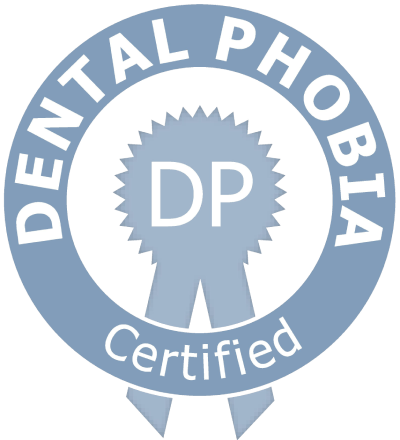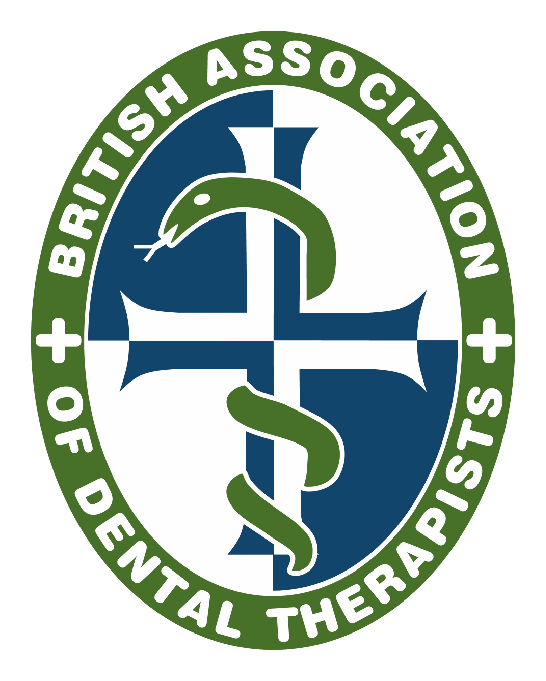Cures for Tooth Sensitivity
What Causes Sensitive Teeth?
Having sensitive teeth means that eating hot or cold items, even spicy and sweet substances, can cause discomfort and pain. For many people it can be a substantial problem and they might be looking for cures for tooth sensitivity. Worn or damaged tooth enamel is usually the reason behind sensitive teeth. This can be caused by acidic foods, brushing too hard, using a toothbrush with hard bristles and grinding your teeth (bruxism). If you are eating acidic foods be sure to drink plenty of water to wash away the acidity. Avoiding the use of tobacco can also help.
Regular checkups with your dentist to treat plaque and spot early signs of enamel damage can really help prevent tooth sensitivity.
How to Alleviate the Symptoms of Sensitive Teeth?
Have you spoken with your dentist about sensitive teeth? This is a common issue and it can be caused by numerous situations. A few suggestions that might help to alleviate the symptoms of sensitive teeth are brushing teeth with a soft-bristled toothbrush to avoid damaging tooth enamel, reducing consumption of sugary or acidic food and drinks in your diet, and finding a solution to bruxism if you suffer from it. You could also try booking a fluoride treatment with your dentist. This will strengthen the enamel, and as a bonus, it’ll help prevent cavities. Or your dentist may be able to recommend a desensitizing toothpaste.
Your dentist can help you find solutions for your sensitive teeth.
The Difference between Gum or Tooth Sensitivity?
Whether you have sensitive teeth or sensitive gums, there are minor differences you need to be aware of before seeking treatment.
– Gum sensitivity is caused by gingivitis while tooth sensitivity can be caused by tooth fractures, cracks or cavities.
– Gum sensitivity causes the gums to be swollen and tender while tooth sensitivity causes piercing pain when taking hot or cold foods.
– Sensitive teeth can be treated by a fluoride gel while gum sensitivity may require gum grafting.
You wouldn’t ignore problems with your teeth but might be tempted to ignore gum sensitivity. Here’s why you shouldn’t:
Gum sensitivity could be a sign of gum disease, a serious condition that can result in tooth loss. It could also be a sign of chronic stress, which is linked to more serious conditions such as diabetes and heart disease.
Seek the advice of your dentist regarding treatment as these conditions can worsen, causing complications. At home, maintain proper oral hygiene daily.
Can you Cure Tooth Sensitivity?
Occasionally, sensitivity can occur post dental treatment for a short period of time – this will get better on its own. However, typically teeth sensitivity occurs when the tooth enamel is worn away, exposing the softer dentin beneath. Treatment from a dentist can improve tooth sensitivity but it is unlikely to be able to fully reverse or cure it. Treating the underlying cause is often the best method.


 book online
book online























